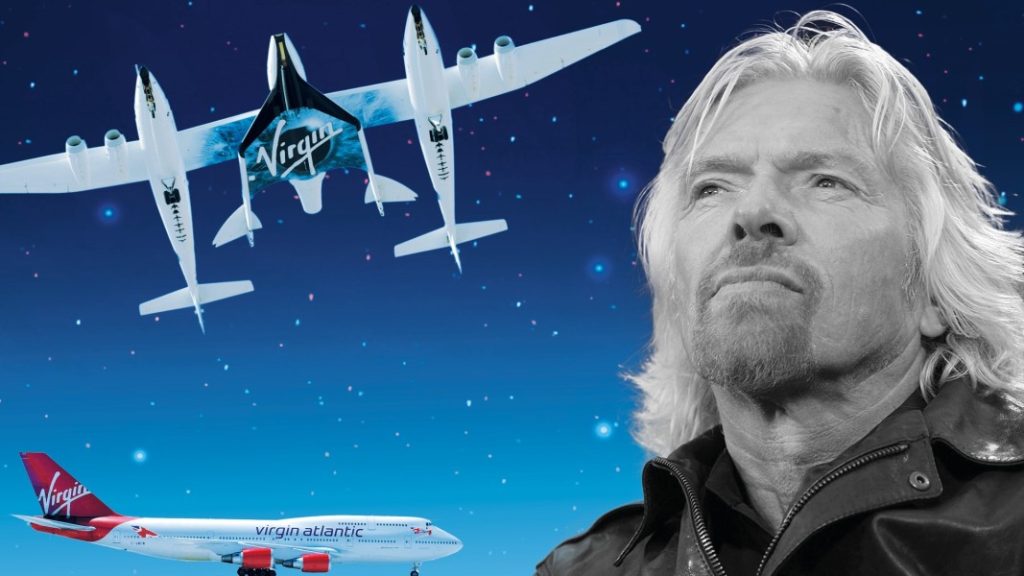|
Getting your Trinity Audio player ready...
|
Virgin Orbit, the rocket company founded by British billionaire Sir Richard Branson, has announced it will lay off 85% of its staff and cease operations for the foreseeable future. The decision came after the company failed to secure new investment, and weeks after Virgin Orbit paused operations in an apparent effort to shore up its finances.
According to media reports, the layoffs will impact around 675 employees who work in all areas of the company. In a United States regulatory filing, Virgin Orbit said it made the decision “in order to reduce expenses in light of the company’s inability to secure meaningful funding.”
Virgin Orbit’s shares plunged by more than 44% in after-hours trading in New York on Thursday. The company’s boss reportedly told staff that the firm will suspend its activities until further notice.
On March 30, 2023, the Company announced a workforce reduction of approximately 675 employees, constituting approximately 85% of the Company’s workforce in order to reduce expenses in light of the Company’s inability to secure meaningful funding. Those impacted are located in all areas of the Company.
Virgin Orbit Holdings, Inc. — UNITED STATES SECURITIES AND EXCHANGE COMMISSION
“We have no choice but to implement immediate, dramatic, and extremely painful changes,” said Virgin Orbit CEO Dan Hart at a meeting with employees, according to CNBC, which first reported the news.
Sir Richard’s investment firm Virgin Investments has injected $10.9m (£8.8m) into Virgin Orbit “to fund severance and other costs related to the workforce reduction”. The company said it expects payments to laid-off staff and other costs to total around $15m.
Virgin Orbit, which was founded in 2017, develops rockets to carry small satellites and is part of Sir Richard’s business empire, which includes airline Virgin Atlantic and space tourism company Virgin Galactic. The firm has not turned a profit as a public company.
In January, Virgin Orbit attempted the first-ever satellite mission launched from UK soil, which ended in failure. The LauncherOne rocket, launched from the Boeing 747 aircraft Cosmic Girl, reached space but fell short of reaching its target orbit.
The mission was seen as a milestone for UK space exploration, with hopes that it would mark a major step forward in turning the country into a global player in space technology.
Earlier this month, Virgin Orbit said it was “initiating a company-wide operational pause” and “anticipates providing an update on go-forward operations in the coming weeks.” However, the latest announcement of massive layoffs and cessation of operations has put the company’s future in doubt.
Virgin Orbit’s failure to secure funding comes at a time when space technology is experiencing rapid growth and investment, with several companies achieving success in satellite launches and space tourism. Virgin Orbit’s struggles highlight the challenges facing new players in the sector, where high costs and intense competition are the norms.
Sir Richard Branson, who is known for his bold and ambitious ventures, has faced setbacks in recent years. Virgin Galactic, his space tourism company, suffered a fatal crash in 2014 and has yet to launch its first commercial flight. Virgin Atlantic, his airline, has also struggled during the Covid-19 pandemic, with reports suggesting the company may need to seek additional funding to survive.
The layoffs at Virgin Orbit are a blow to the company’s employees, many of whom had hoped to be at the forefront of the UK’s space industry. The UK government has set ambitious targets for the sector, including launching a spaceport by 2022 and capturing 10% of the global space market by 2030.
The failure of Virgin Orbit’s satellite launch earlier this year was a setback for these ambitions, and the company’s current troubles only add to the challenges facing the sector. While the UK has made significant strides in space technology in recent years, it remains to be seen whether the country can compete with established players like the US and China in the years to come.



